Discover Nature and the Nation
Nature and the Nation

164 Episodes
Reverse
In this episode I return to Revolt Against the Modern World, Julius Evola's most famous book about the metaphysical nature of the Traditional life and culture. I focus in this episode on Monarchy, Aristocracy, and the materialist reading of Evola's anti-materialism.
In this episode I look at Page duBois' examination of polytheism in theory and practice in her book A Million and One Gods. I focus on the Greek Gods Artemis and Dionysus, and the political implications of polytheism.
In this episode I look at Oriana Fallaci's controversial book, The Rage and the Pride. I focus on her examination of the effects of migration of Italy and her relationship with Christianity.
In this episode I look at Reno's phenomenal examination of the gods as shared loves and social values. I focus on his analysis of Popper, Hayek and Durkheim.
In this book I look at Mark Green's exposition of his religious system, Atheopaganism. I focus on the evolutionary aspect of religion, and Green's positions on values and hierarchy.
In this episode I explore Douglas Murray's phenomenal best-seller, The Strange Death of Europe, with a focus on the history of post-war migration into the United Kingdom.
In this episode I return to The New Polytheism by David Miller, focusing exlusively on the the essay in the appendix by James Hillman called Psychology: Monotheistic or Polytheistic. This essay discusses how our theological inclinations affect our approach to psychoanalysis.
In this episode I look at David Miller's insightful examination of polytheism in sociology, psychology, and philosophy. I focus on his discussions of Niebuhr, Cornford, and Heidegger.
In this episode I look at Heidegger's theories about the role of the poet in carrying the message of the gods to the people, as described in his 1936 essay Holderlin and the Essence of Poetry.
In this episode I explore the myth of Parsifal and the quest for the Holy Grail as presented in Robert Johnson's Jungian analysis, He: Understanding Masculine Psychology.
In this episode I look at The Process of Individuation, an essay by Jung's close friend and colleague, Marie-Louise von Franz, in the anthology Man and his Symbols. I focus on the shadow and the anima, as well as the individualist nature of Jungian psychoanalysis.
In this episode I look at Carl Jung's bird's eye view of his whole life's work, as presented in his contribution to the anthology Man and his Symbols, edited by Jung and published after his death.
In this essay I look at Heidegger's famous essay 'What is Metaphysics?' as well as the accompanying essay by Werner Brock that examines and interprets the essays in the book. I explore Heidegger's assertion that nothingness is a critical component of metaphysics and that metaphysics is a critical compenent of science and the human experience.
Edith Hamilton's The Greek Way is a masterpiece in helping the reader really understand the vital spirit and love of life that contributed to Classical Greek greatness. In this episode I cover this Greek vitalism and also look at Pindar and the true value of Greek aristocracy.
In this episode I look at George Williams' famous rebuke to group selection theory as outlined in Adaptation and Natural Selection. I focus on secondary adaptations, sexual reproduction as an organic adaptation, and the difference between male and female mating strategies.
In this episode I examine William James' 1904 address to the American Psychological Association, The Experience of Activity, as presented in Essays in Radical Empiricism. I focus on the illusory aspect of agency and the need to operate within the version of reality that accessible to our experiences.
In this episode I look at John Dewey's 1900 essay Some Stages in Logical Thought, as published in this 1916 collection, Essays in Experimental Logic. I focus on Dewey's assertion that both some fixity and some flexibility is required on the part of ideas for them to serve in the human task of overcoming obstacles.
In this episode I return to Strauss and Cropsey's magisterial History of Political Philosophy to examine the essay on Kant. I focus on the split between science and morality, and the contradiction formed by Kant's fundamental mistake.
In this episode I engage in an extra-long two-hour examination of the basic philosophy of Martin Heidegger, as described in Michael Inwood's study, Heidegger. Inwood focuses primarily on Heidegger's magnum opus, Being and Time. In this episode I pay particular attention to Heidegger's discussion of the state of being he calls 'ready-to-hand,' as well as authenticity and being-toward-death.
In this episode I revisit Niccolo Machiavelli through the lens of Erica Benner's biography of the Renaissance Italian thinker, Be Like the Fox. I examine Machiavelli's dedication to the ideals of the Florentine Republic and his opposition to leaders who come to rule by the blessings of Fortune.





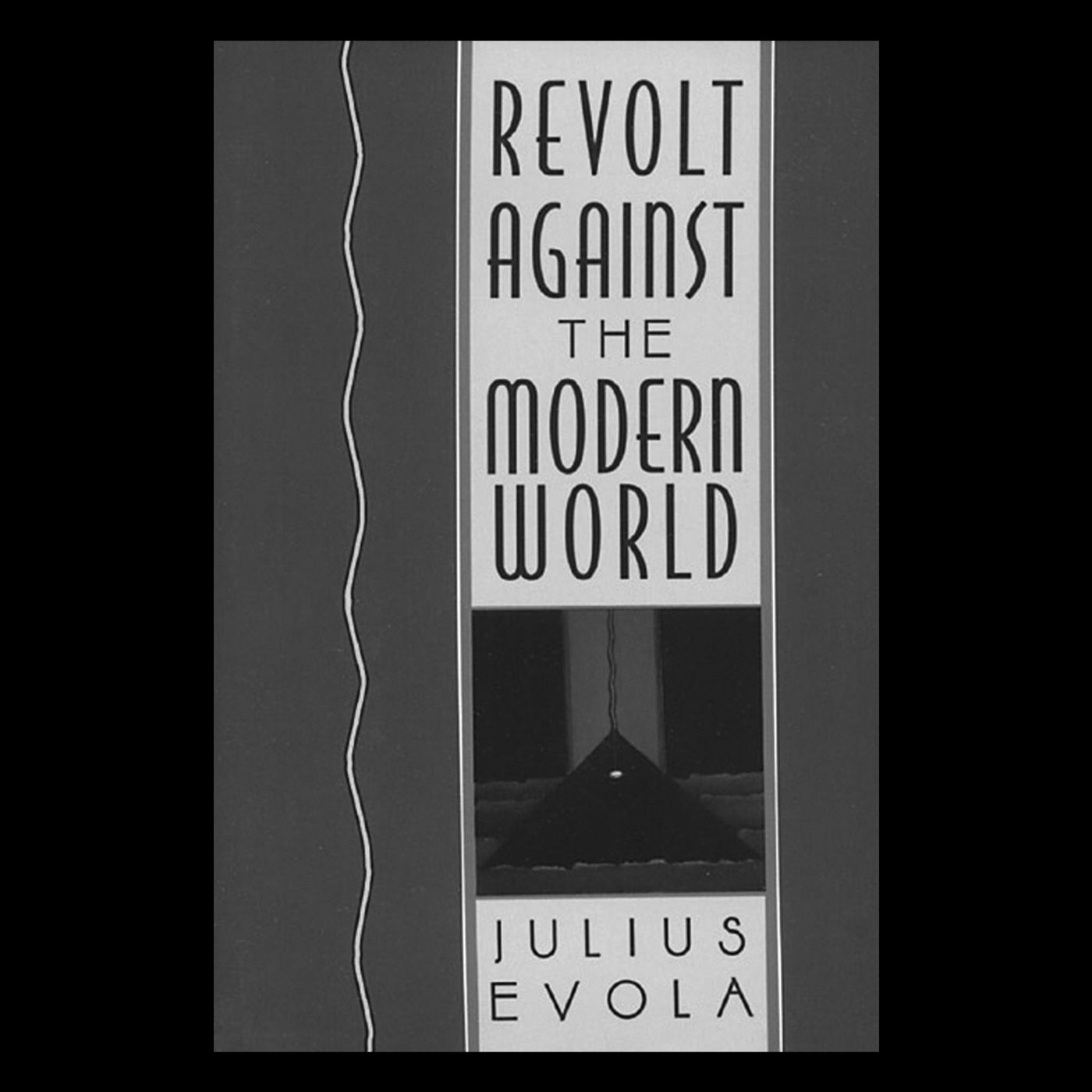
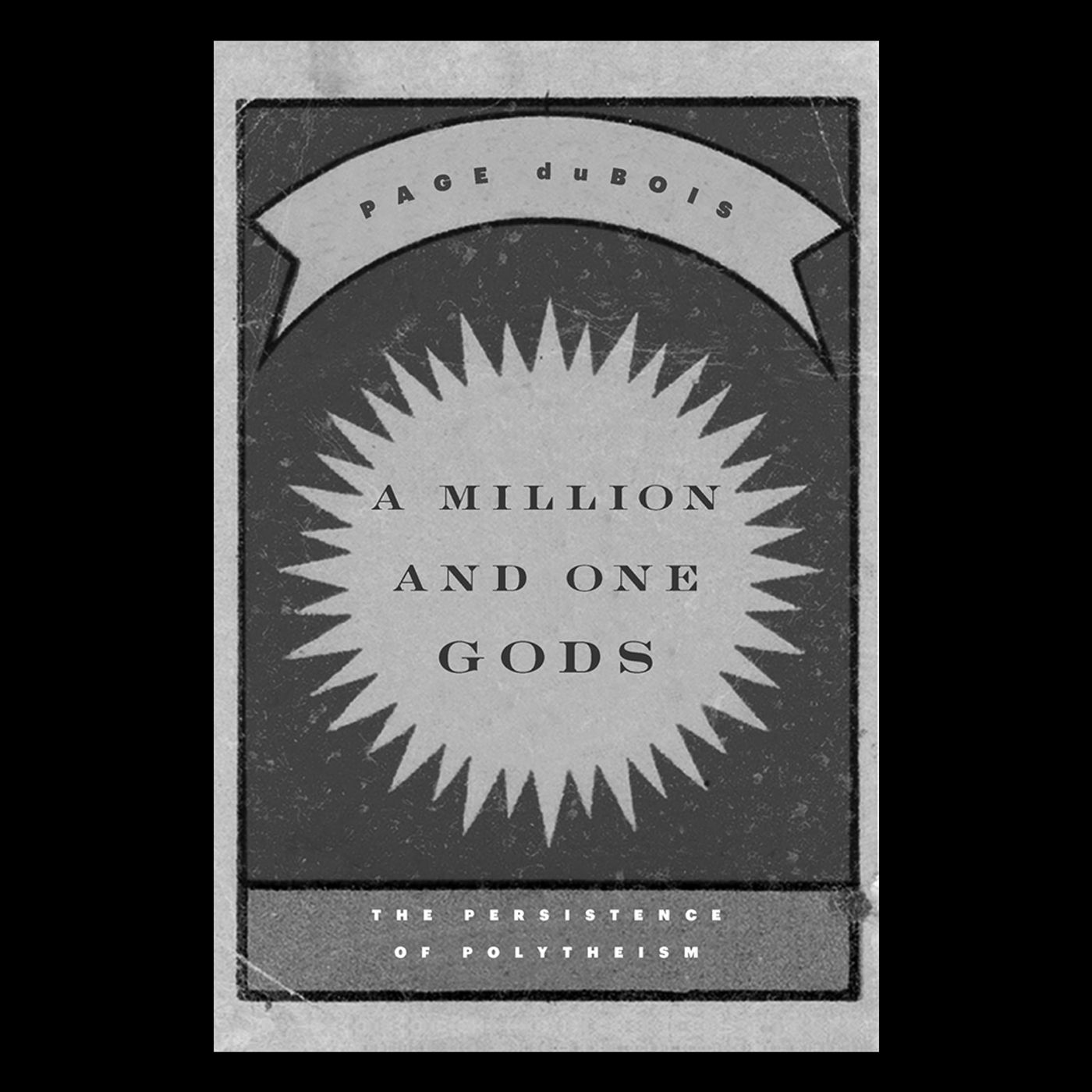

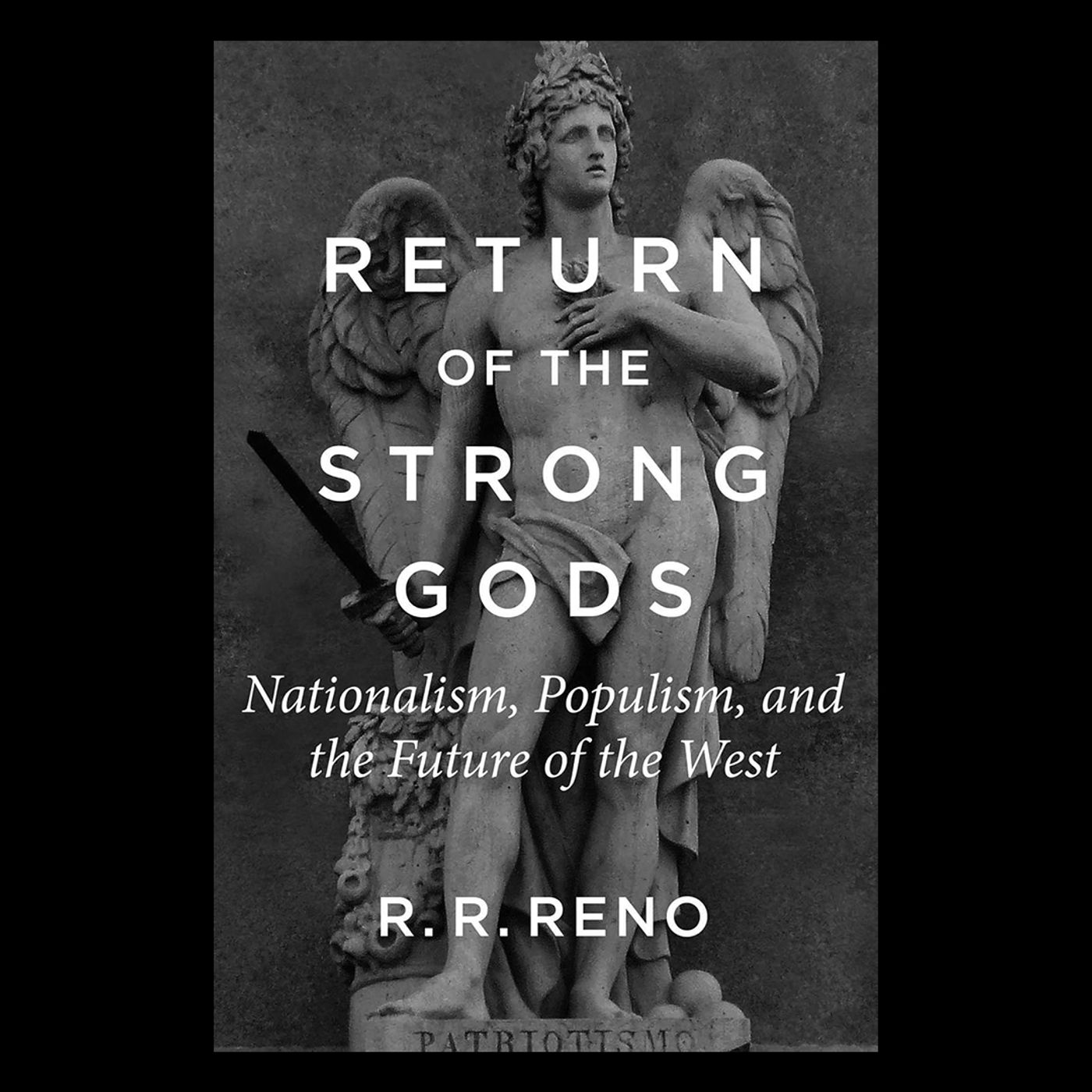
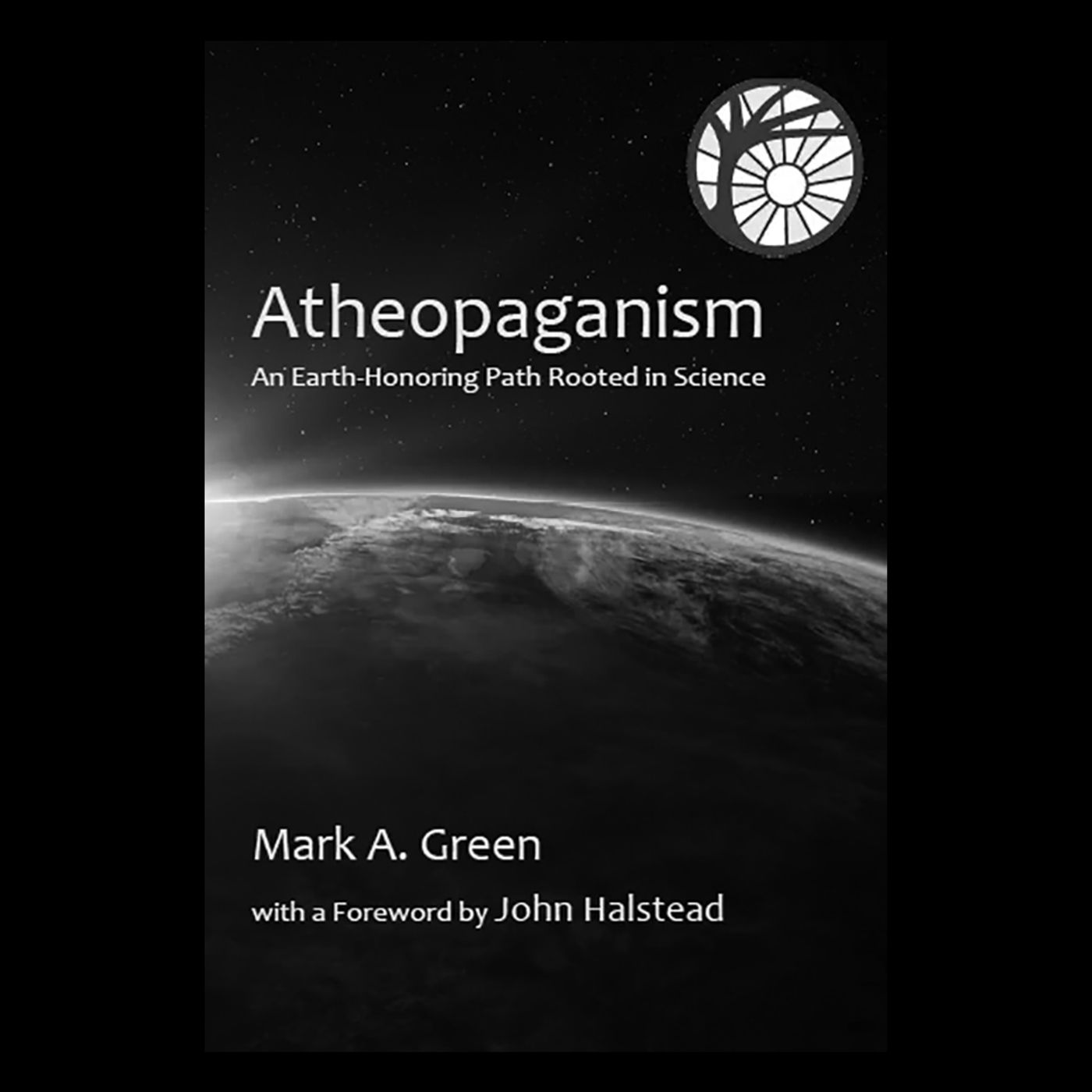
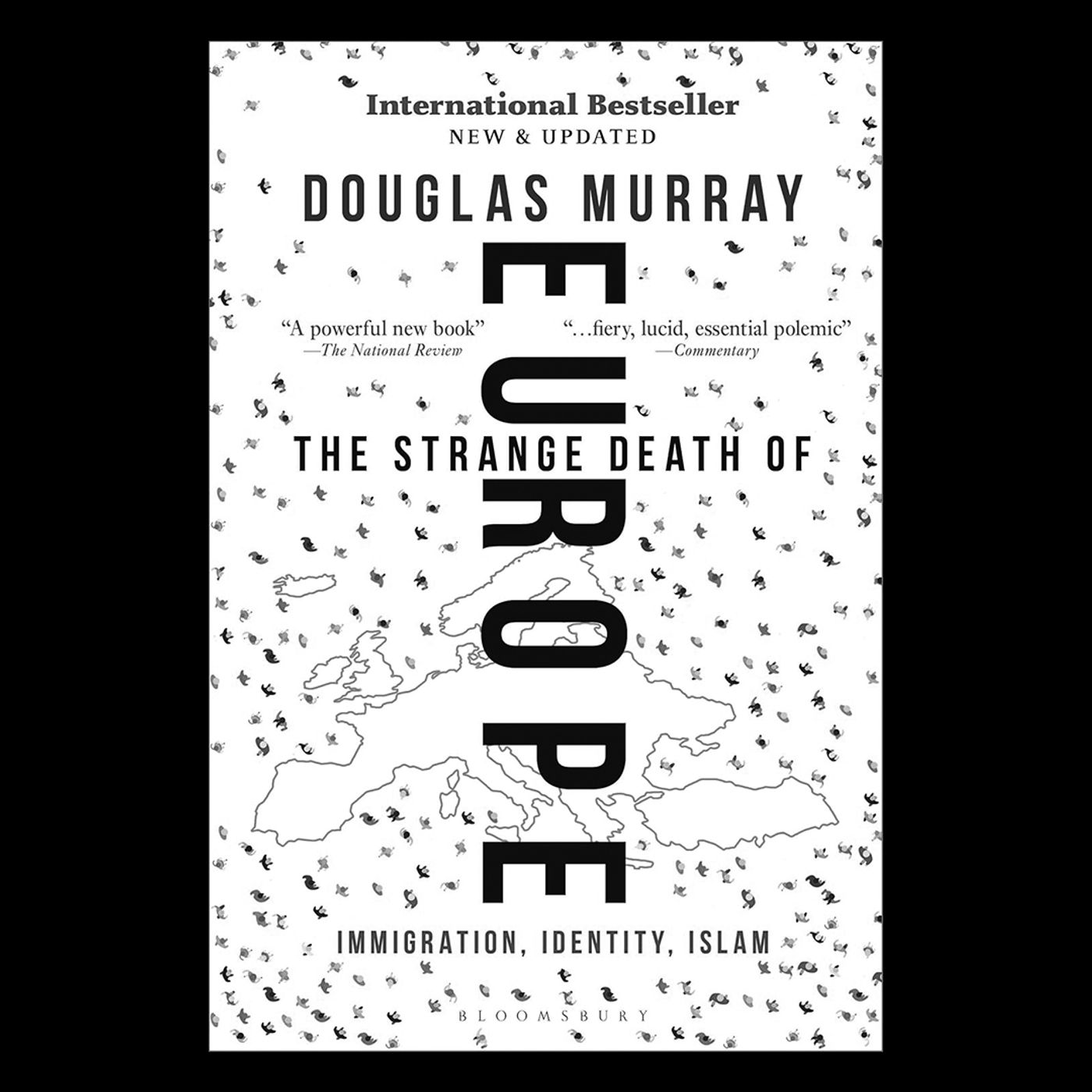
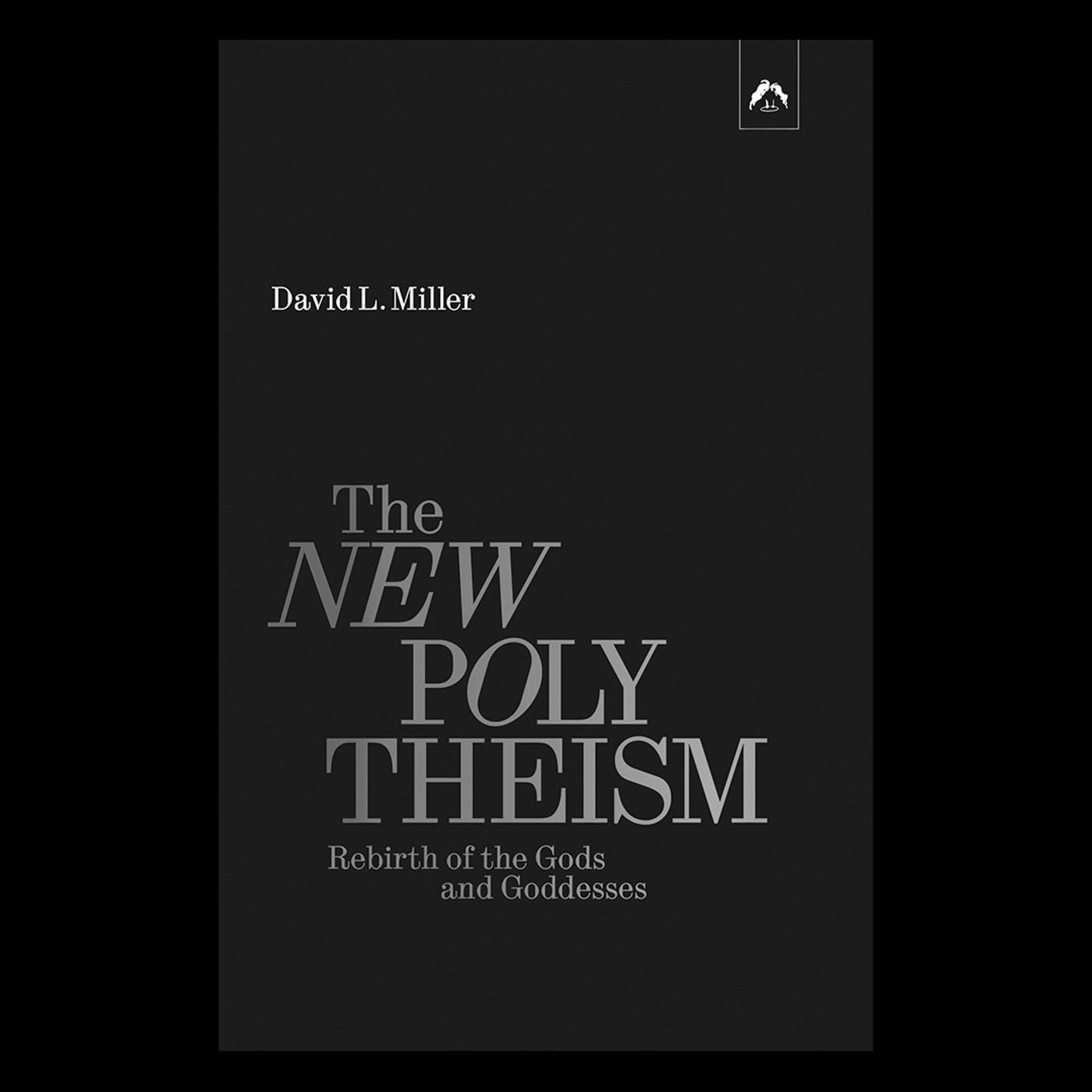
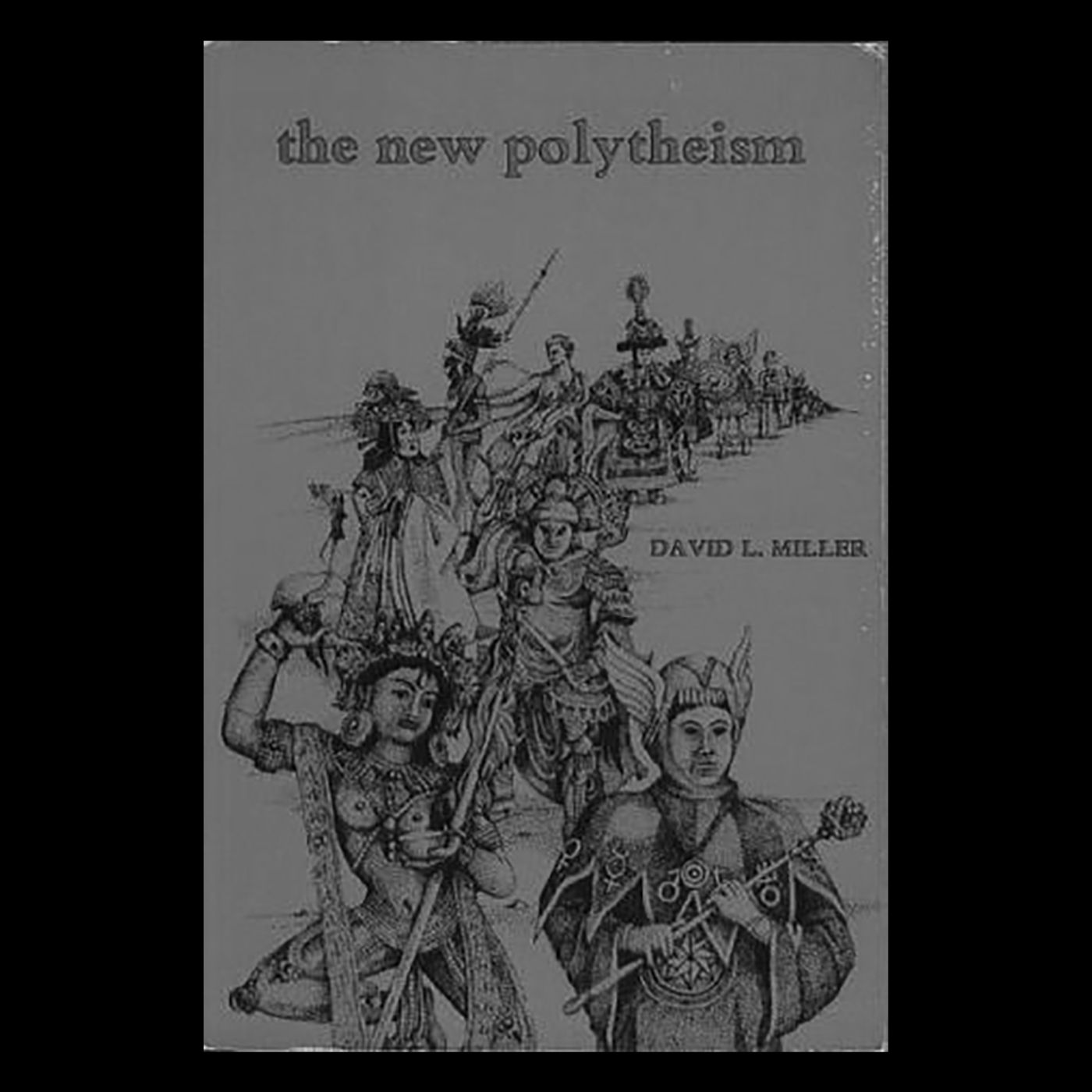
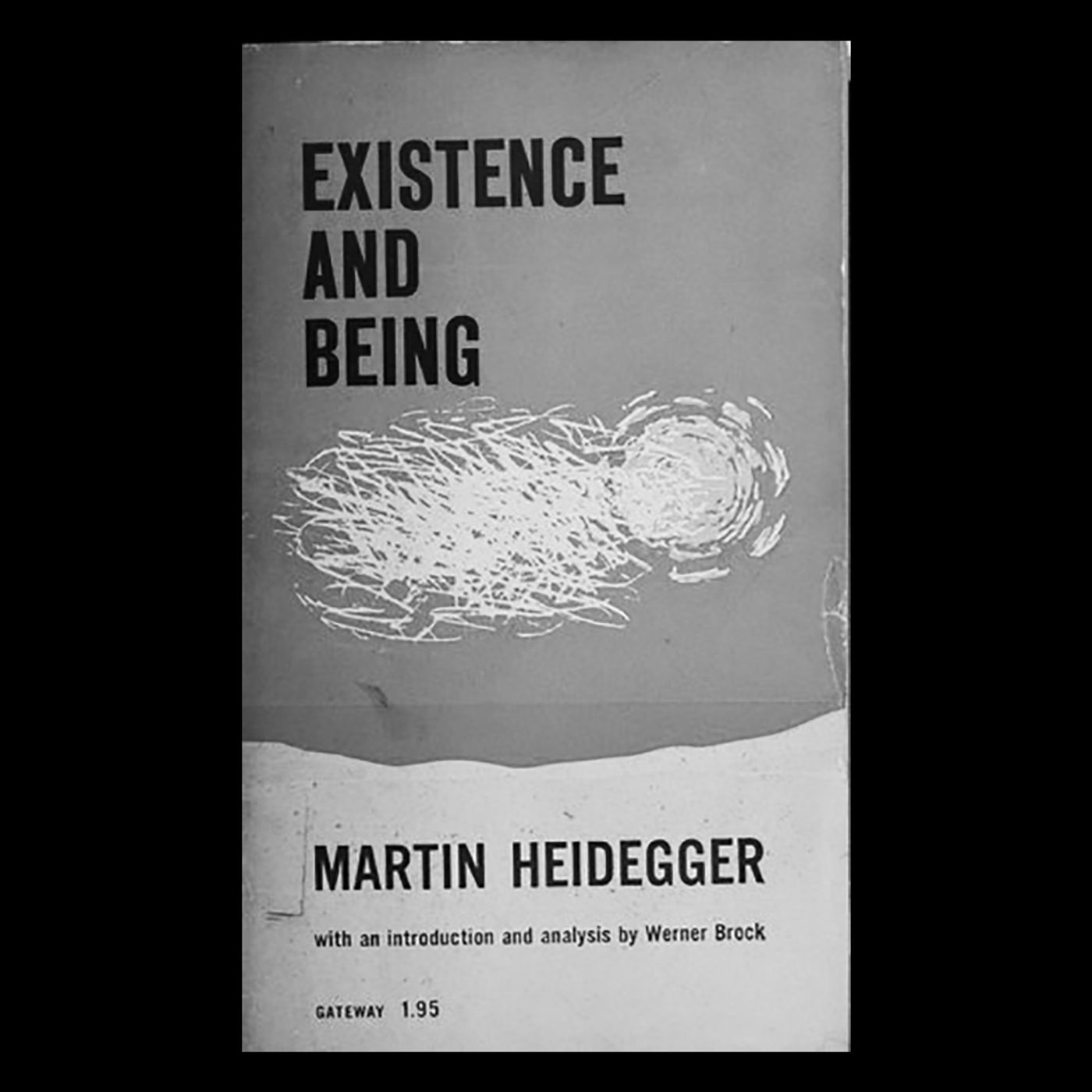
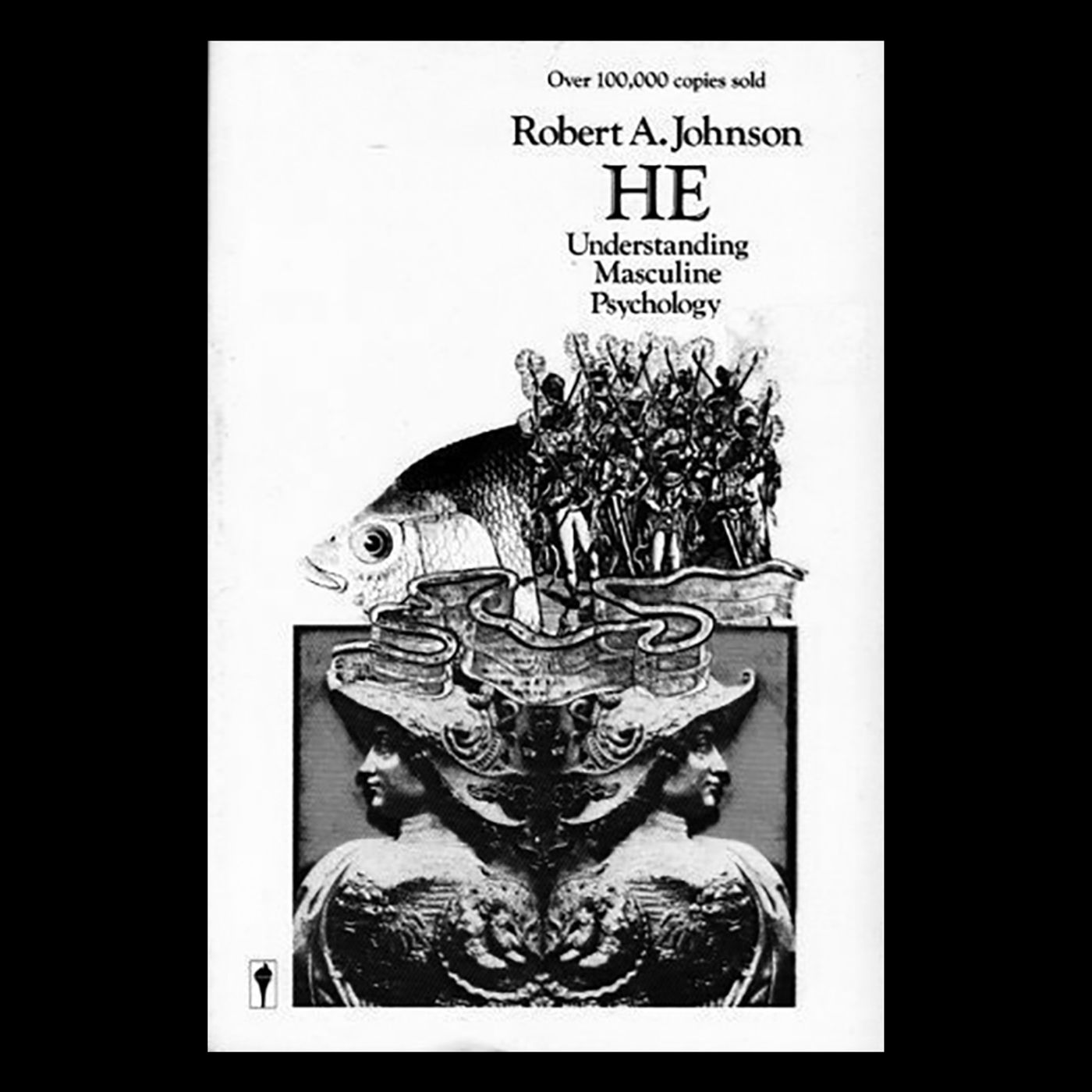
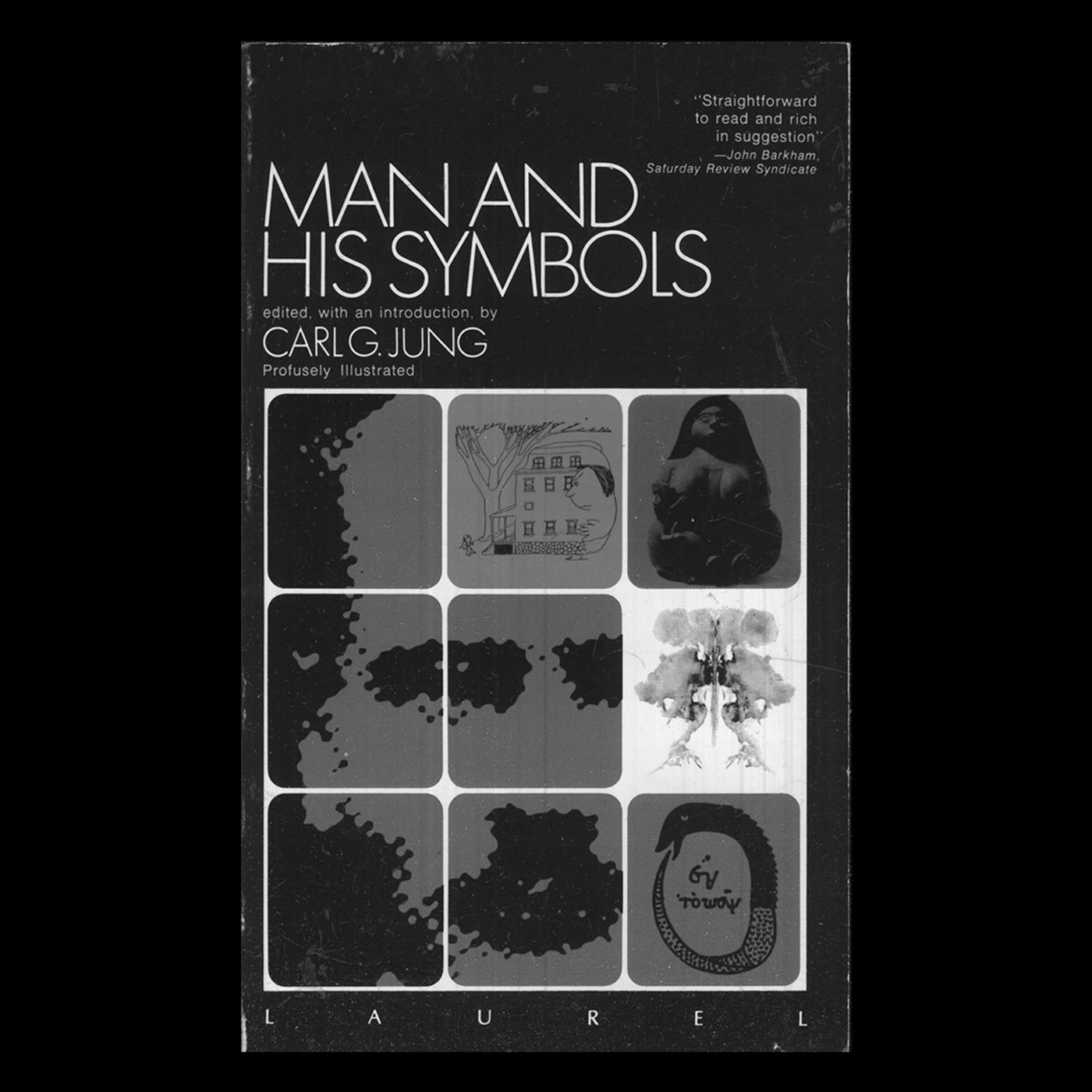
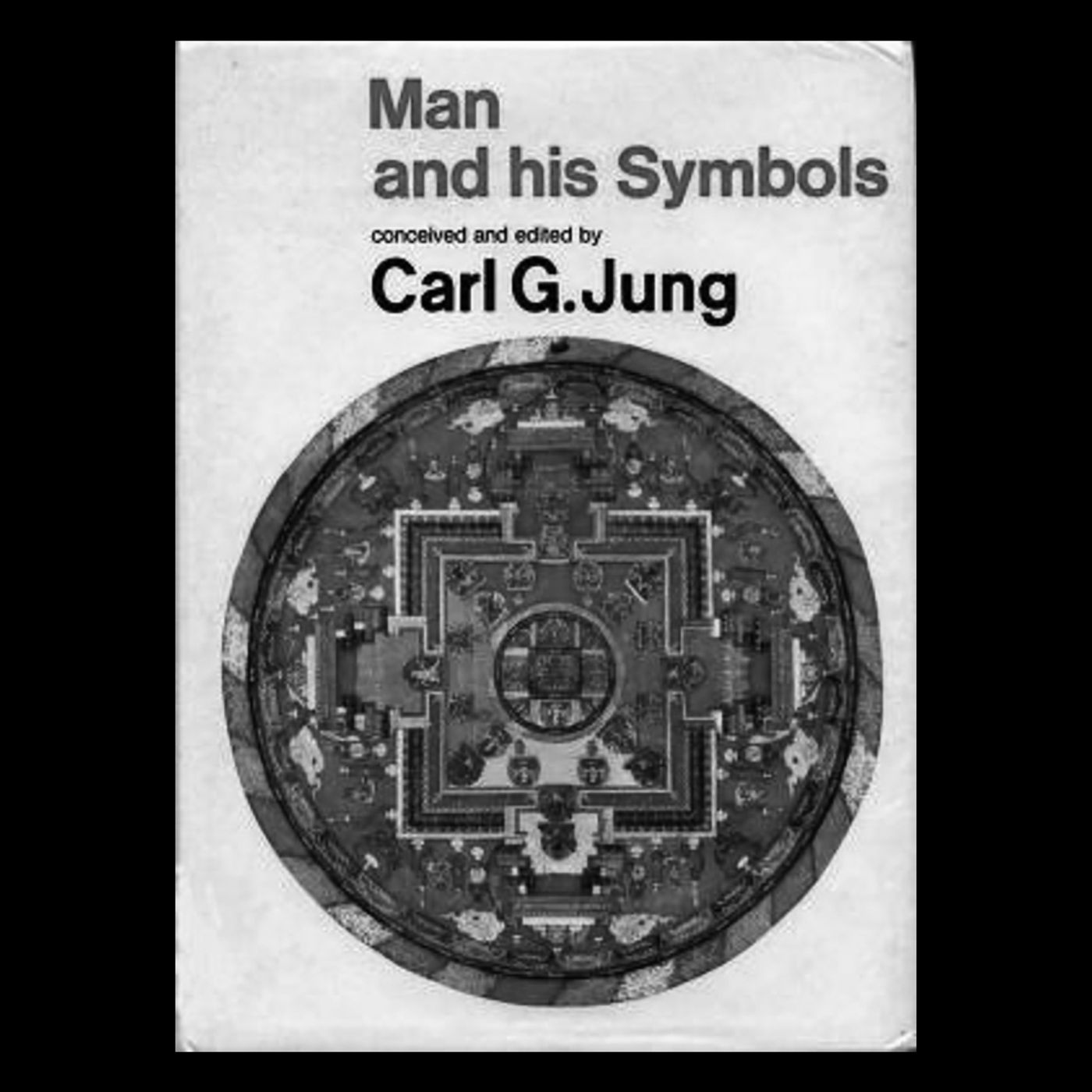
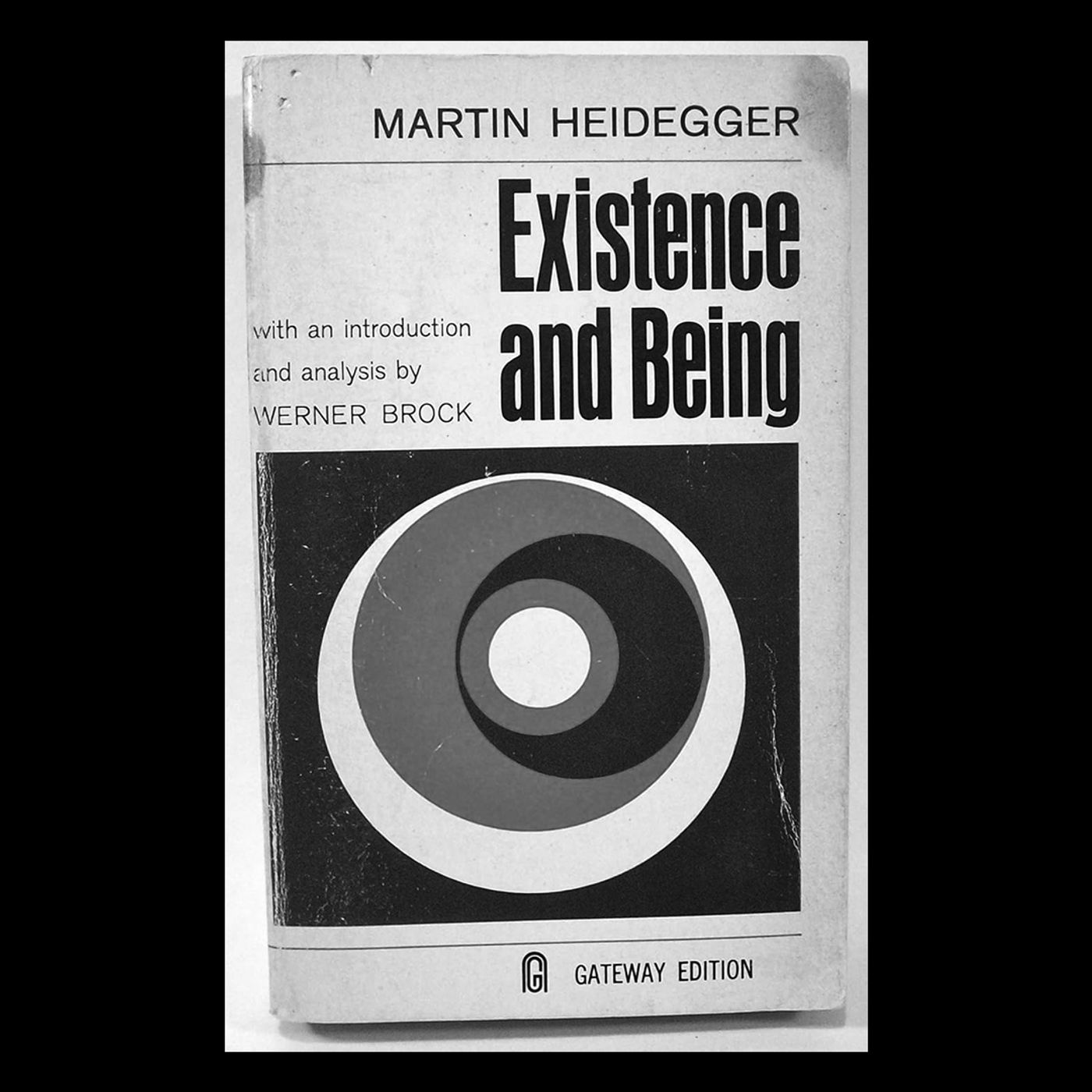
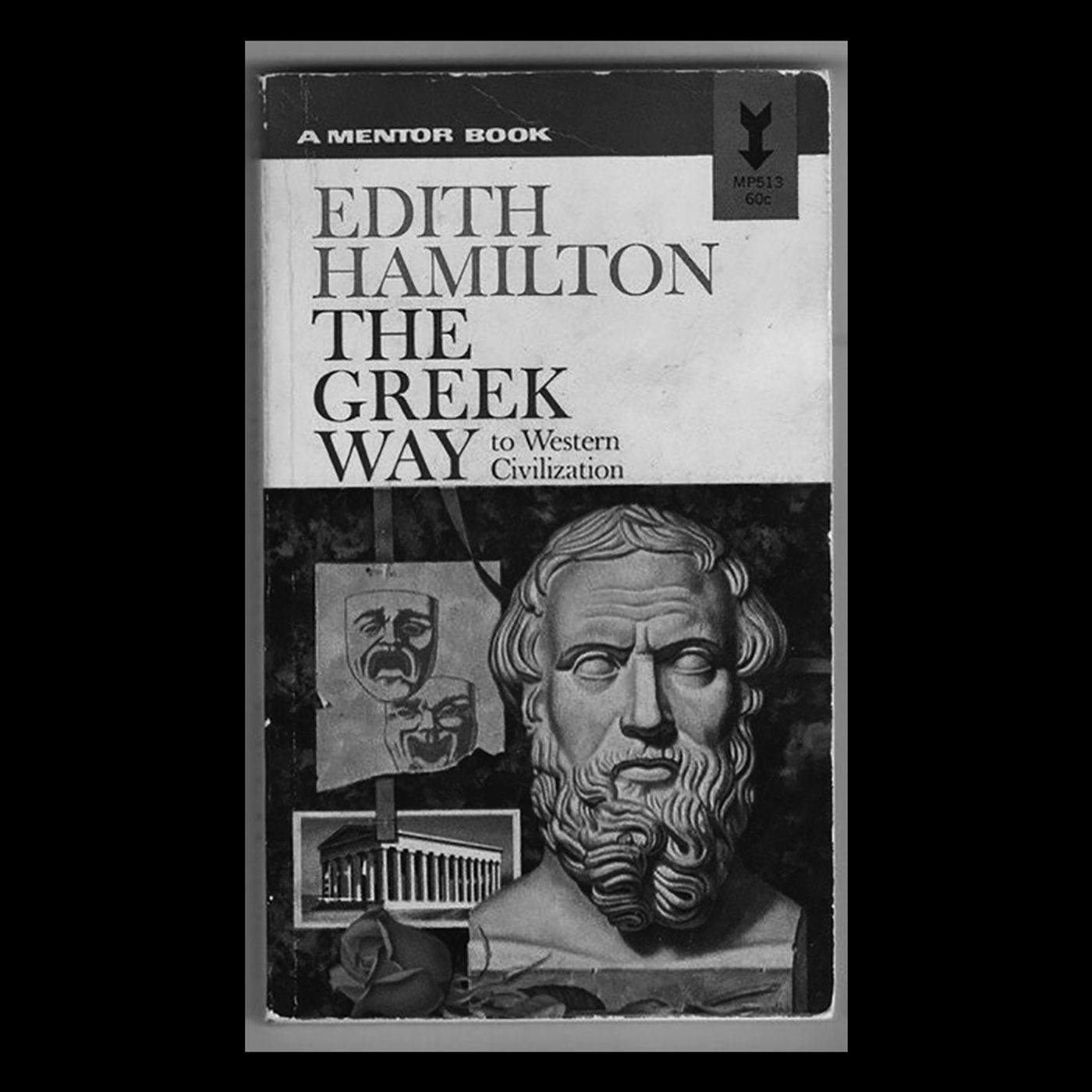
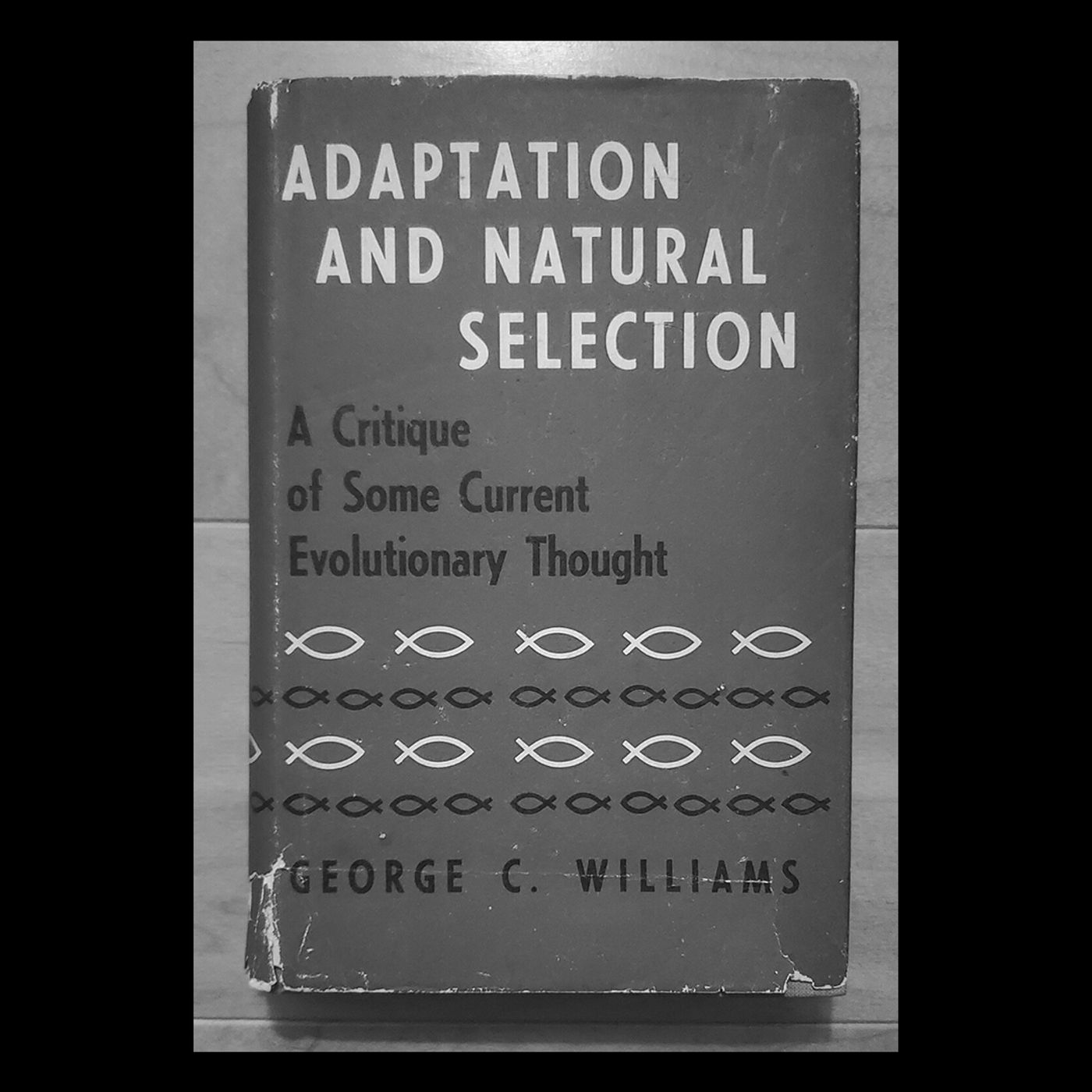
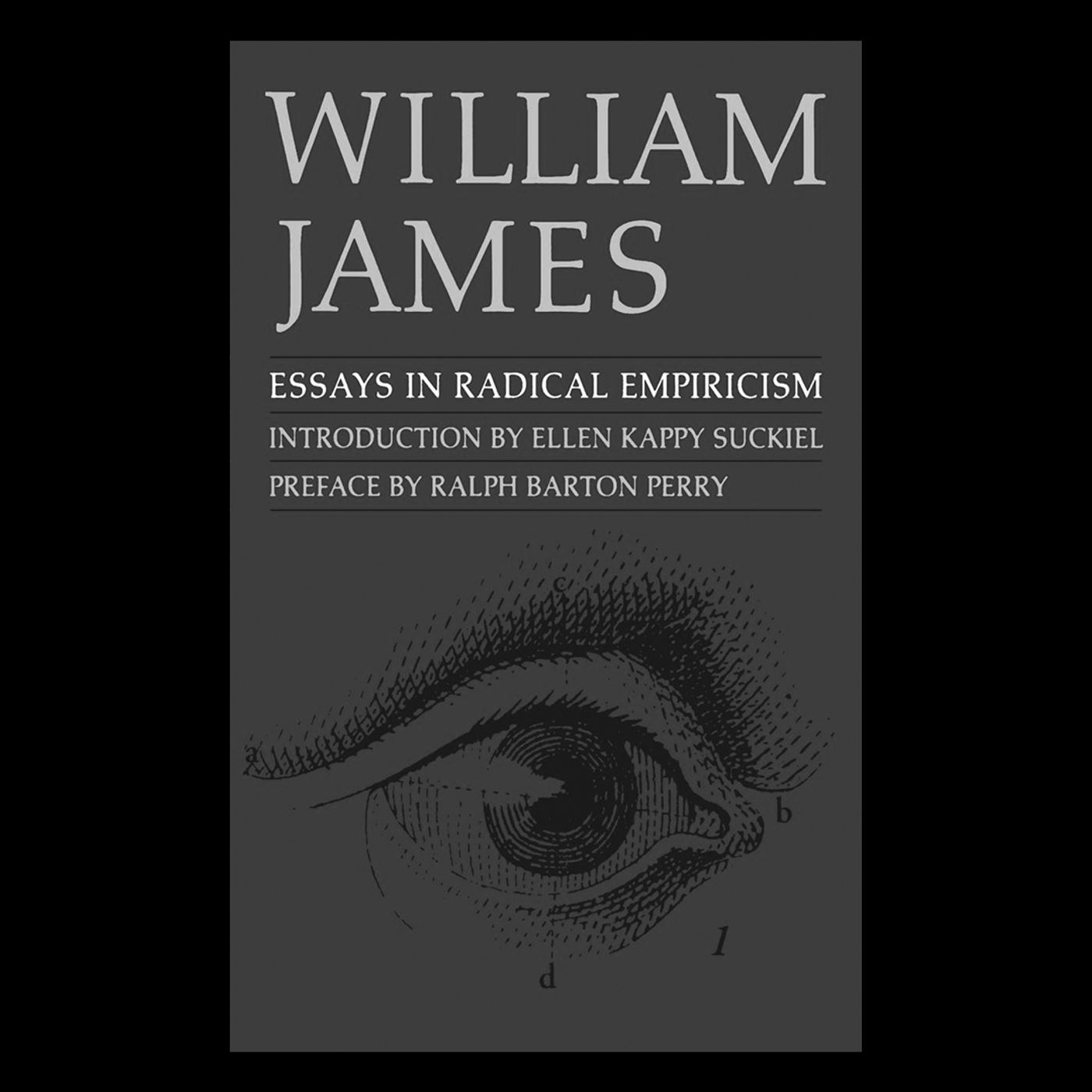
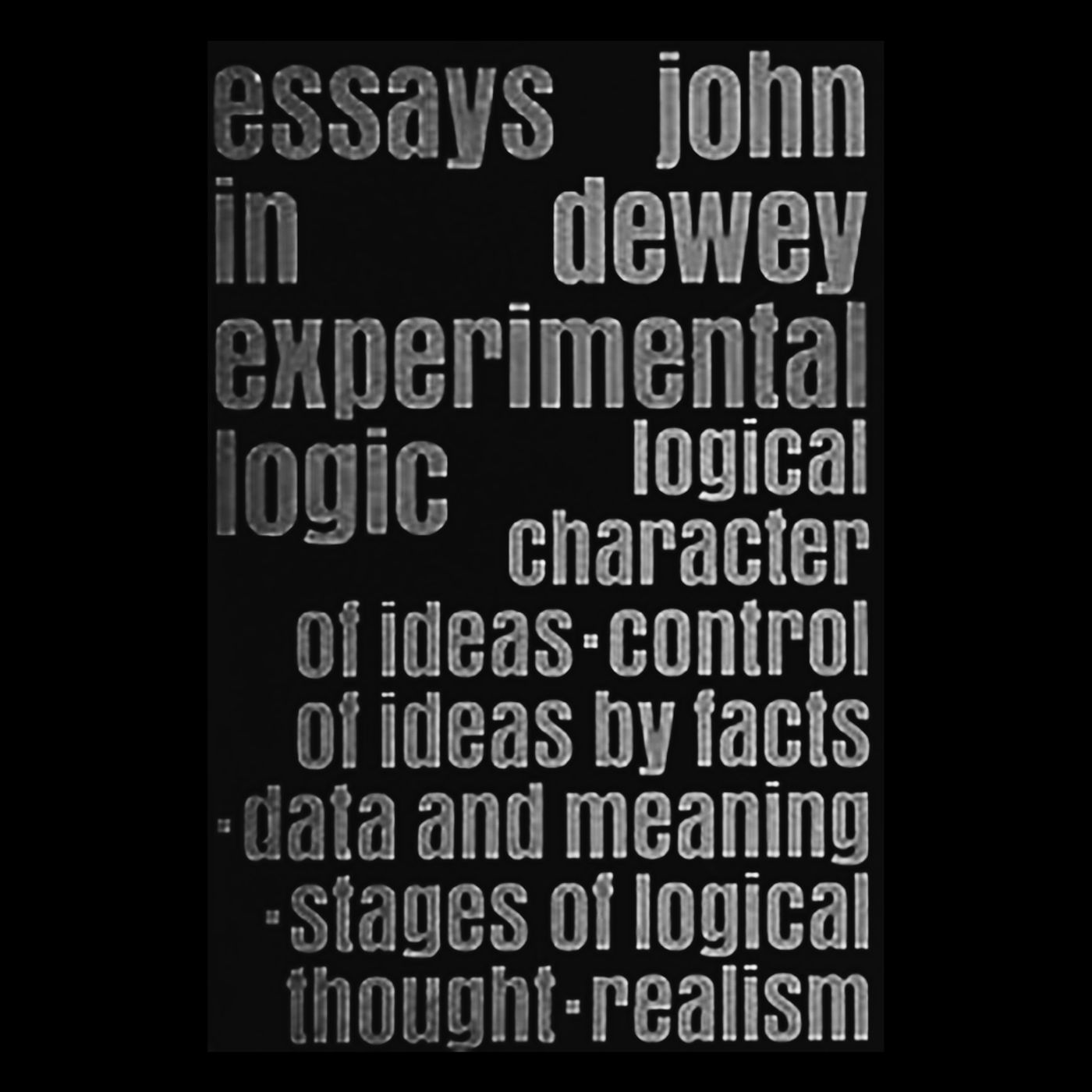
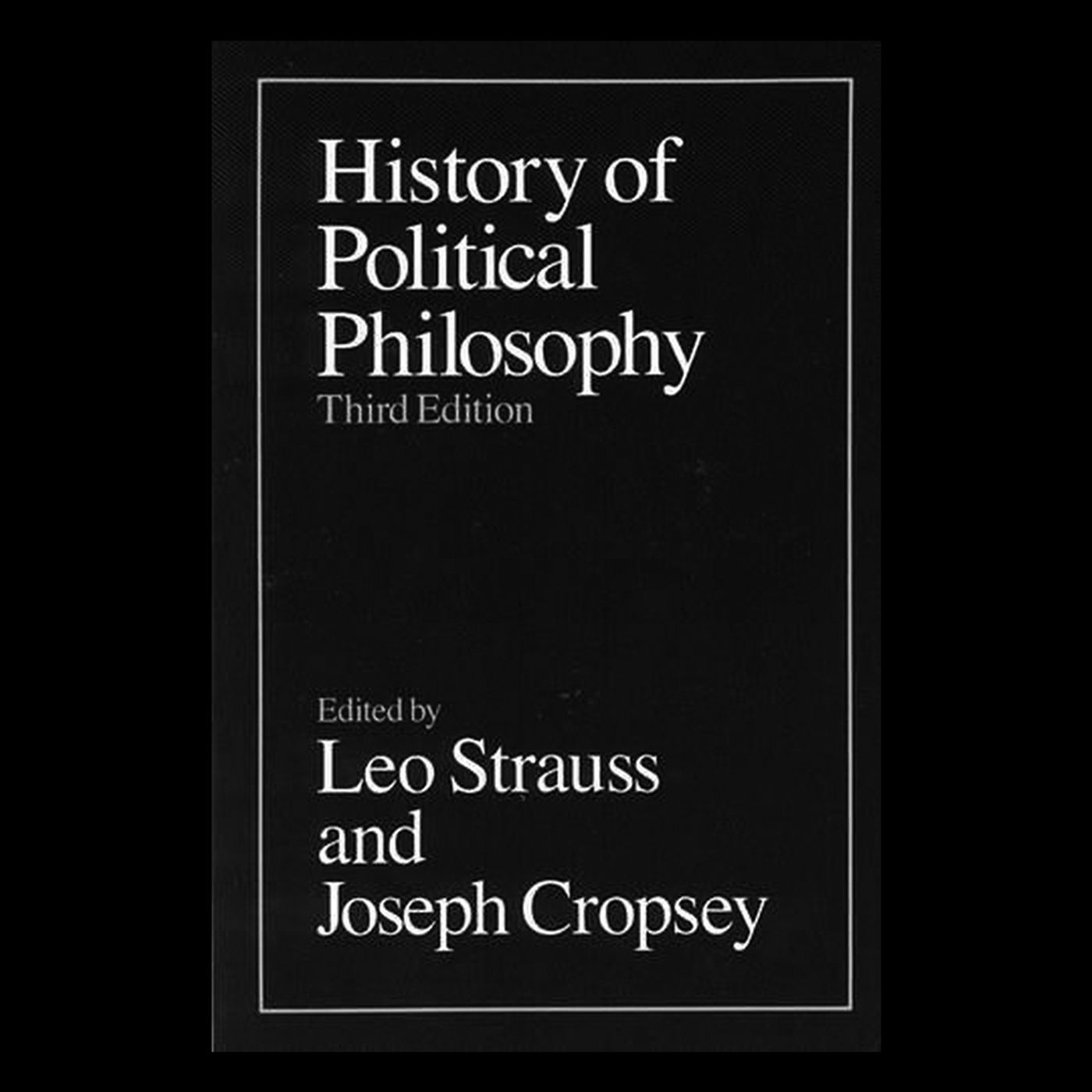
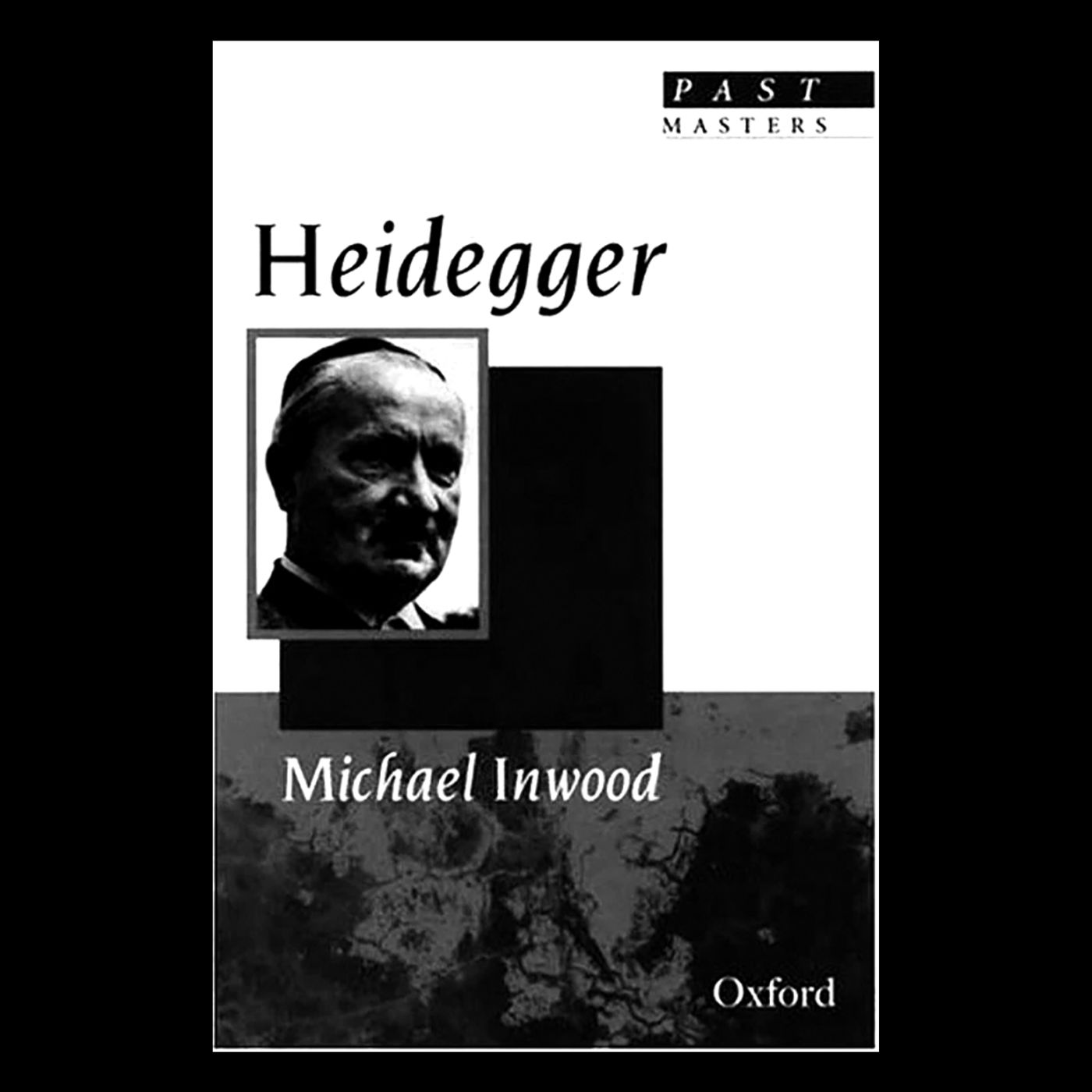




Evolution is a lie. please visit nwcreation.net/videos.